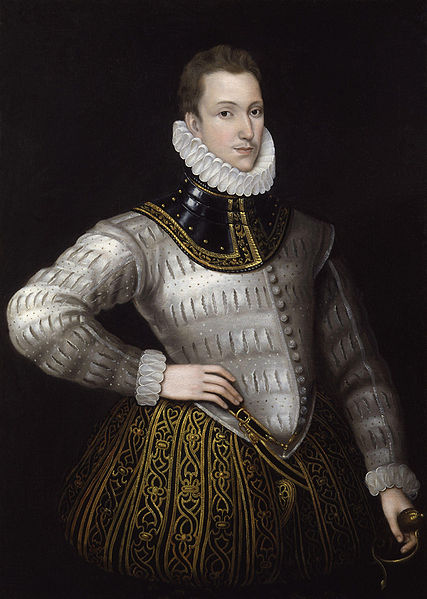Introduction
Sir Philip Sidney (1554-1586) was a well-connected courtier, soldier, poet, and patron. His father was three times made Lord Deputy (Governor) of Ireland, and his mother was sister to Robert Dudley, Earl of Leicester. He attended Oxford, but left before taking his degree to travel in Europe. When he returned to England he became an important member of court and encouraged a number of writers, including Edmund Spenser. In 1585, Sidney went to serve with the English garrison stationed in the Netherlands, fighting with the Dutch against the Spanish. He was badly wounded leading a charge in 1586 and later died from his wounds.
The Defence of Poesy was published in 1595, after Sidney's death. It was also published as An Apology for Poetry. The major argument of the work is that poetry has social and moral value, being able to teach as well as delight the reader. In the following brief excerpt Sidney is sharply critical of English dramatists for not following the classical unities of place and time, and, as he sees it, thereby making the action of their plays seem implausible to the audience. The lone exception he singles out is Gorboduc, a play by Thomas Sackville and Thomas Norton, which was first performed in 1562.
Mobile users, click here to return to the main page.
